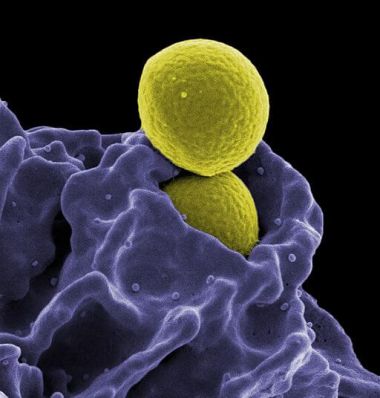Skin and lung cancer drug approved in UK

The United Kingdom's Medicines and Healthcare products Regulatory Agency (MHRA) has approved the use of a new drug that aims to cure skin and lung cancer.
Bristol-Meyers Squibb last week secured the approval, through the country's Early Access to Medicines Scheme (EAMS), as well as an EU license, for Nivolumab, which bears the brand name Opdivo, .
The approval means that patients who have metastatic squamous non-small cell lung cancer (NSCLC) and have received a previous round of chemotherapy may now choose treatment with Opdivo ahead of an official approval date.
PM Live reports that the drug had received positive feedback from the European Medicines Agency last May as a second option of therapy for NSCLC, but it has not been granted final approval, which is scheduled for September.
The decision to permit Nivolumab use ahead of its expected date of approval will give patients access to the drug "ahead of its marketing authorization" from the European Commission.
Nivolumab and an approved drug called Ipilimumab, was able to stop melanoma from progressing for almost a year, as seen in 58% of patients in clinical trials, reports BBC.
A separate clinical trial for lung cancer also showed that the drug can extend the life of a patient, according to consultant oncologist John Wagstaff.
"What is particularly encouraging is that, in some patients, this survival can extend to months or even years. Our hope for the future is to make this the case for more people as this field progresses," Wagstaff said, according to a report from PharmaTimes.
Nivolumab belongs to a class of drug called PD-L1 inhibitor, one of the first drug classes widely available for use in immunotherapy. PD-L1 inhibitors work by harnessing the power of the immune system to battle cancer.
Nivolumab became the first drug of its class to be granted approval by the EU, but rival drug Pembolizumab from Merck has been on the EAMS since March and beat Nivolumab in the race for US approval.











